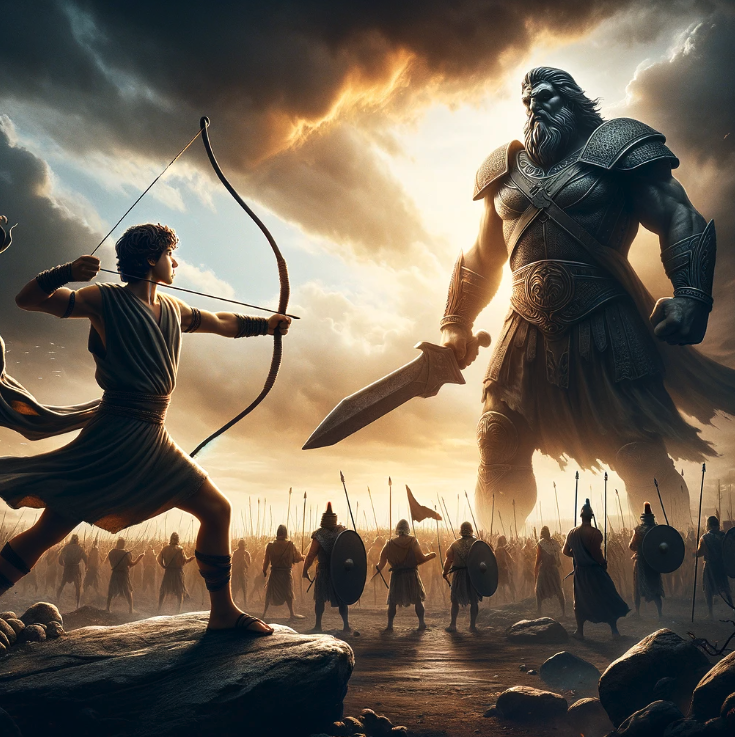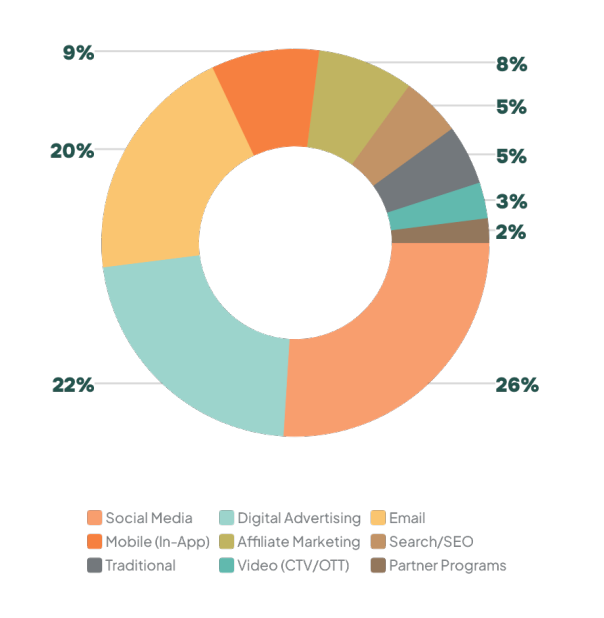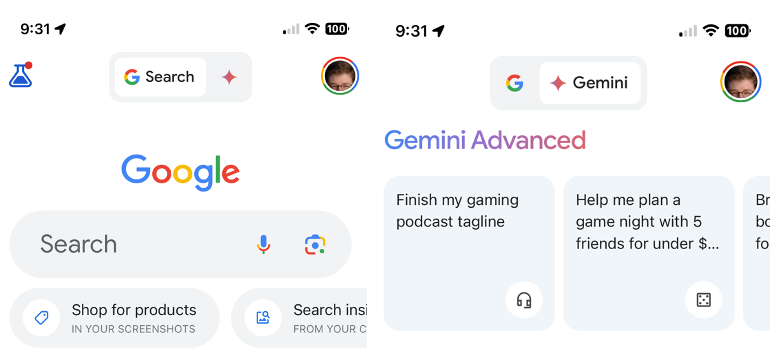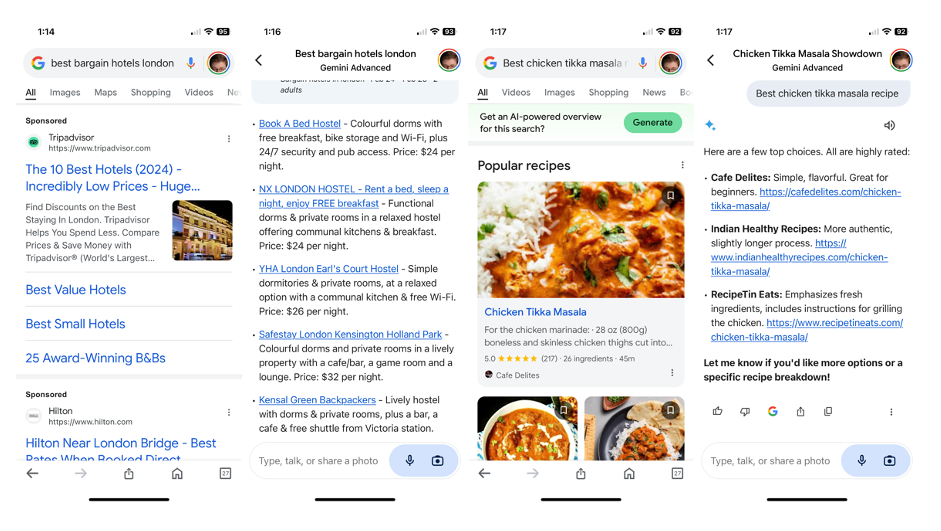Google ❤️ Brands, Social Acquisition, Gemini Toggle

Brands, Links & Clicks
Many of you have heard about or read an article from HouseFresh, a small product review site that tests air purifiers and related products. The company complained that it and other independent sites were being "killed" by larger media players that "recommend products without firsthand testing and simply paraphrase marketing materials and Amazon listing information." HouseFresh went further, arguing that the private equity owners of some of these media brands are exploiting public trust to sell products in a cynical and even potentially fraudulent way. This is despite Google's Product Review Updates and the Helpful Content Update. As others have observed, Google's algorithm appears to favor well-known brands. Because of consumer familiarity and SERP position, people tend to click on these brands. And because Google also uses behavioral signals (e.g., clicks) in its algorithm, it creates a self-reinforcing pattern. Underscoring a version of the point, Reddit started outranking HouseFresh for its own article this week. Google acknowledged this and said it would "do better." The question is how? Google relies on indirect signals because, by its own admission, it can't directly evaluate content substance and credibility. While this is oversimplified, "brands, links and clicks" appear to be core components of Google's algorithm. But they've become much less effective proxies for quality than they might once have been.

Our take:
- The irony of what HouseFresh has done: this screed has generated a large number of links, which will help it rank going forward.
- Marie Haynes believes that the brand bias will change as the benefits of Gemini 1.5 kick in. She argues AI-ranking systems will rectify the current problems. We'll wait and see.
- As we discuss in this week's podcast, absent some AI magic, it's very challenging for Google to promote smaller, high quality sites (vs. brands) without a major algorithm change.
Social vs. SEO for Acquisition
Another survey has seemingly elevated social media above SEO as a marketing channel. In this context it's for B2C customer acquisition. But the data are pretty consistent: many or most digital marketers tend to perceive social media as more effective than search/SEO (e.g., here, here). This is especially true among small businesses: social media is always number one, with SEO somewhere down the list of priorities. The State of B2C Customer Acquisition report from Stirista – polling "186 marketing decision-makers" in companies with 500 employees or more – asked "Which channel/tactic contributes most to the SUCCESS of your customer acquisition efforts?" The top answer was social media (26%). Search/SEO came in sixth place (5%), tied with "traditional." Here search/SEO appears to mean organic and not paid, but it's not entirely clear. Regardless, this is once again a surprising result. Search typically carries a much higher purchase intent than social, despite social media's efforts to emphasize search. Contentsquare's 2024 Digital Experience Benchmark report, for example (based on analysis of "200 billion page views"), found that "paid search traffic converts at 4x the rate of paid social." This is just one way SEO actually outperforms social media.

Our take:
- Social media offers awareness and branding opportunities that are arguably more difficult to achieve in search/SEO.
- This particular report was about acquisition, which doesn't always have to mean purchases. Perhaps there's a broader set of KPIs at play.
- Yet where actual "customer" acquisition is concerned, there's much more transactional intent on Google than on Instagram or TikTok. Mysterious.
The Gemini Toggle
Google is now rolling out a "toggle" for the iOS Google app that allows users to switch between traditional search and Gemini. It appears to be available only to people who opted-in to Google Labs. (I have other "non-Labs" Google accounts; the toggle doesn't appear.) The default setting is to Search. Tap it and the screen switches to the Gemini UI, which is kind of cool. Unfortunately, you can't enter a single query and get results from both. You have to re-enter the query in Gemini. I did however compare a bunch of results. As a generalization, Google gives you much more information, including lots of images and "social" content. Gemini is more like the 10-blue links Google. The UI is cleaner and there's less "information clutter." It's not clear, however, that you can entirely trust Gemini – Google explicitly disclaims it – though, in many cases, Gemini was drawing from Google search (Maps, Travel). The toggle may be a bid to get more users to try Gemini in the hope of boosting later subscription revenue or stealing ChatGPT usage. Indeed, in our research, we've seen how Google can impact engagement by changing or inserting SERP features. But this move struck me not so much as a new "search feature" but as a kind of brand marketing push for Google's overall AI awareness.


Our take:
- Google is in the midst of a huge PR push for AI. Bard's rebranding, Gemini 1.5, Gemma (open source), AI for Maps, Gemini for Workspace and now this toggle.
- It's all part of an effort to "reclaim" AI from OpenAI, which has more mindshare. Multiple goals here: retaining users, protecting ads, generating new revenues, and mollifying investors.
- A physical toggle between search and AI is a kind of unintentional metaphor for the transition the company is currently navigating.
Recent Analysis
- Near Memo episode 146: G-SERPs product searches, Google PR around review removals is puffery, Google Maps SGE a hot mess.
- ICYMI: Google Maps AI on iOS: Early Impressions, by Mike Blumenthal.
Short Takes
- Google rolls out "Help Me Write" in Chrome.
- Could LLMs ultimately outperform Google for relevance matching?
- Offer Posts seem to have disappeared from the Local Pack.
- New SERP feature "here are some in the area," expanding ads.
- AI models turning from web scraping to licensing and data-laborers.
- Reddit's $60M (annual) content licensing deal is with Google.
- A ChatGPT update bug made the system spew nonsense for hours.
- Apple owns the top 7 of 10 bestselling smartphones globally.
- Google's DeepMind forms an AI safety unit, following OpenAI's lead.
- Will Gen-AI hallucinations reflect badly on brands?
- Mobile drove 51% of online spending this past holiday season.
Listen to our latest podcast.

How can we make this better? Email us with suggestions and recommendations.

